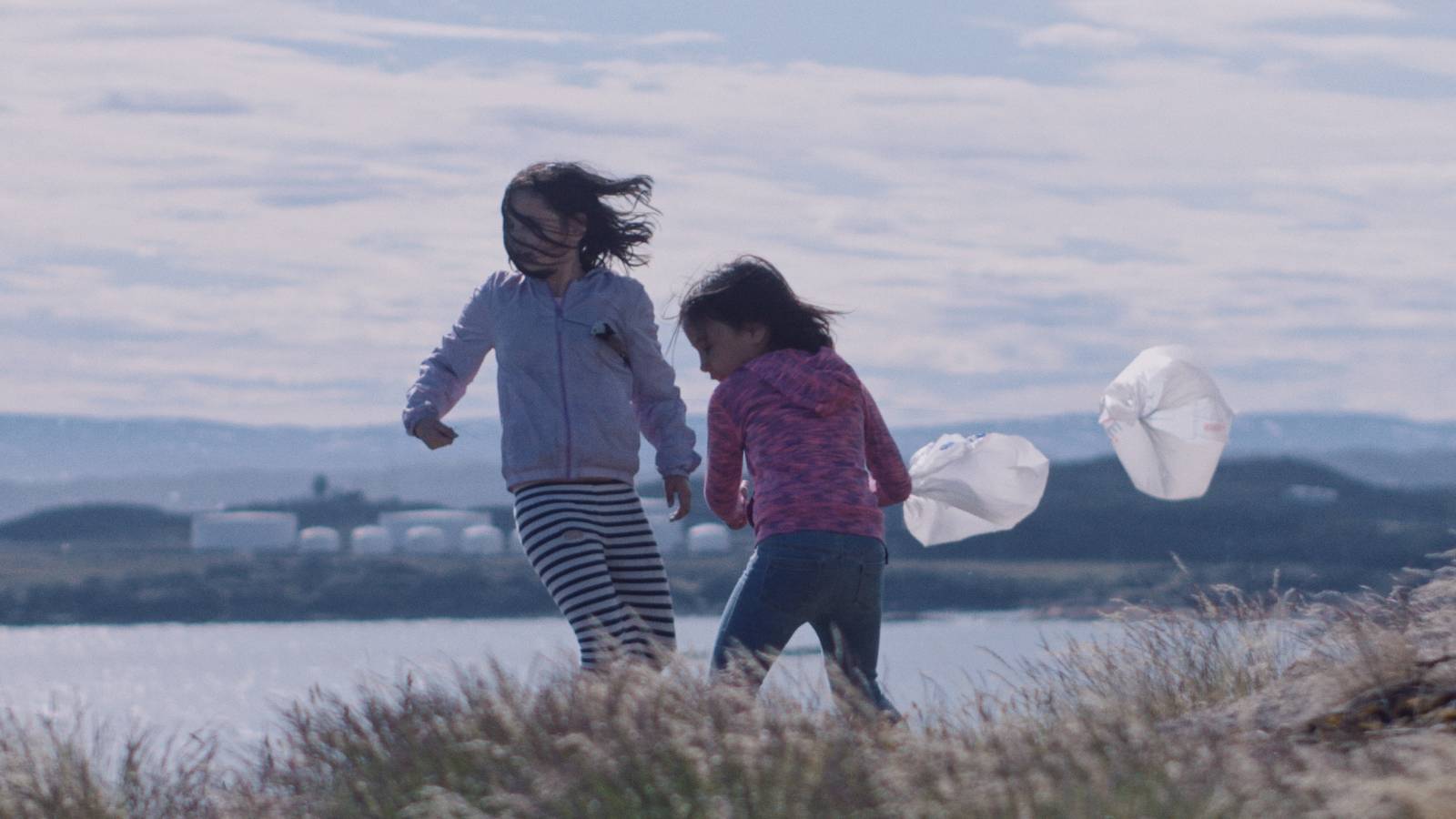What does it mean to confront the colonial sins of the past and truly make reparations for the erasure of cultures? Lin Alluna’s Twice Colonized directly explores this question through its subject: Aaju Peter, a lawyer, activist, and grandmother who travels the world to address a growing crisis of opportunity in the Arctic. Without opportunity, traditions cannot continue. Early she takes offense to Seal Hunt activists, asking for an Inuit exemption so hunters can continue to hunt as they’ve done for generations.
The film and Peter confront the question of indigenous rights in a modern economy built on the goal of “sustainability.” Without seal hunts the Canadian arctic and its traditions risk becoming a thing of the past. Not everyone aspires to pack up and move to Toronto or work in the oil fields.
A boundary-breaker who confronts her friends and their views of what it means to be indigenous (when visiting cities she usually has a Starbucks in hand and enjoys rocking out to American pop music), she is a sought-after speaker at conferences. Twice-colonized, separated from her family, and sent to Denmark from her native Greenland at age 11 for an education, Peter begs to come back but is told to stay until 18. Speaking Danish to this day makes her cry. In 1981 she relocates to Canada and becomes a prolific defender of Indigenous human rights and ancestral homelands. Throughout the film she pushes and backchannels to establish an Indigenous forum in the European Union, finding her voice and a renewed focus following the suicide of her youngest son. She also becomes a caretaker to his daughter.
The impact of colonization and its role in her son’s suicide motivates this quest: economic opportunity is a suicide-prevention tool. It’s not lost on Peter or Twice Colonized‘s director, Alluna, that colonization creates deep wounds, from the “re-education” and erasure of cultures to environmental damage. Later in the film she addresses Denmark’s Arctic Strategy towards the Inkuk as they recount stories of assimilation that are all too familiar.
A powerful, intimate film with direct access to the fearless Aaju Peter, who often engages with her director (including humorously introducing the Danish filmmaker behind the camera at the UN as “her colonizer”), Twice Colonized is a powerful exploration of cultural trauma. As much as she wishes could stay home, look after her granddaughter, and play bingo, she realizes she has work to do, channeling her grief and trauma into action, including escaping the abusive relationship she’s found herself in.
The film is an inspiring call to action, often framing Peter as the hero of her own story with an aggressive music score by Olivier Alary, Celina Kalluk, and Johannes Malfatti that kicks into gear when it’s time for our subject to go to work either at home or in the next capital city. One hopes Twice Colonized will start conversations and spark action.
Twice Colonized premiered at Sundance 2023.

